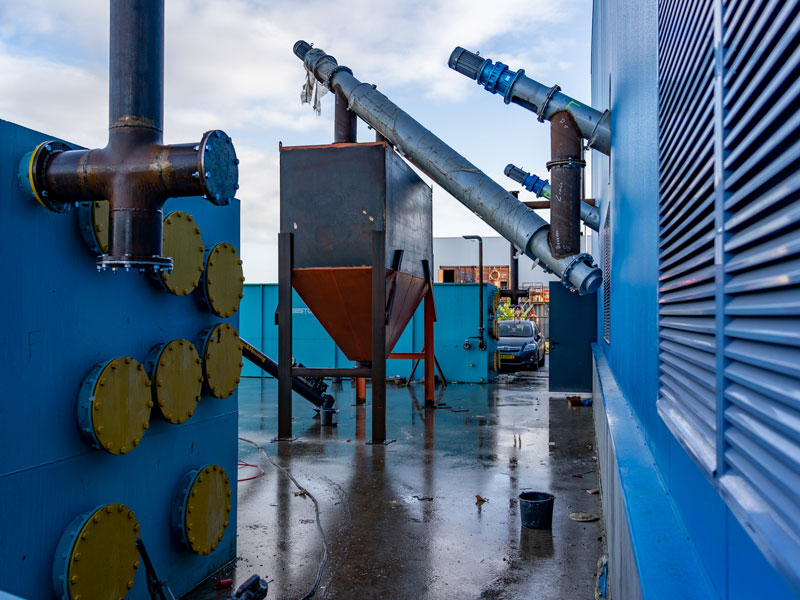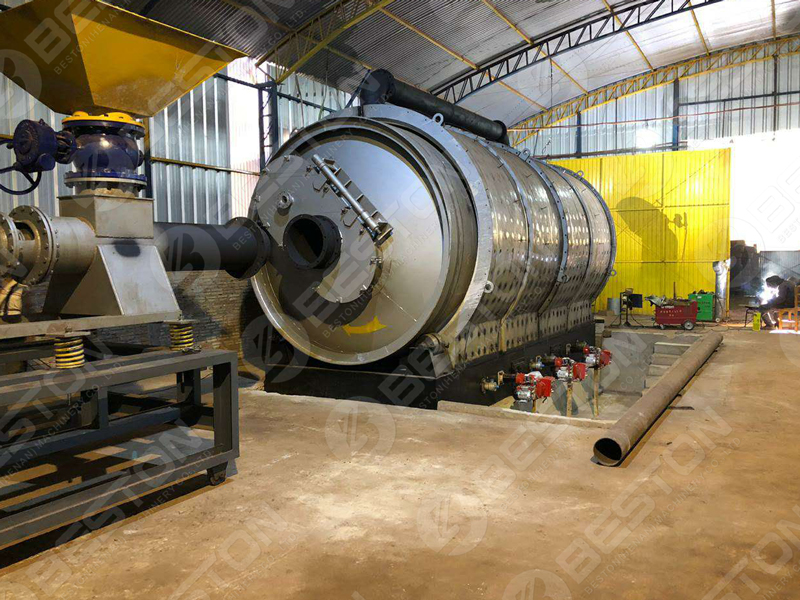Why a Thermal Desorption Unit is an Important Part of Environmental Cleanup
When faced with environmental contamination issues, you need a reliable and effective solution. That’s when having access to a thermal desorption unit proves invaluable. Thermal desorption offers an efficient and cost-effective way to clean up hazardous waste sites or remediate groundwater or soil contamination without leaving behind any toxins or residual contaminants.
Read on to learn about the benefits of using thermal desorption units in environmental cleanup efforts, its ease of use, how it works, and what factors should be taken into consideration when choosing the right pyrolysis system for your needs.

The Role of Thermal Desorption Units in Environmental Cleanup Efforts
Thermal desorption units (TDUs) are a frequently deployed pollution control technology used in environmental cleanup projects. They work by capturing and destroying targeted pollutants from the air before they can be released into outdoor air or water supplies.
TDUs make use of high temperatures to convert volatile organic compounds, odors, and other contaminants into carbon dioxide and water vapor. This process helps to degrade hazardous substances without generating more waste or harmful compounds that require additional disposal. Furthermore, TDUs allow for flexibility when dealing with an array of different pollutants found in poor environments due to their ability to facilitate efficient treatment using multiple incineration points.
In short, the pyrolysis reactor of TDUs offers a valuable tool in the effort to reduce the amount of hazardous matter released into the environment and enter our regulatory systems.
Benefits of Using Thermal Desorption Units
Concentrating hazardous and/or toxic solids for disposal or further remediation is necessary but often poses a tricky challenge. Thermal desorption units create a beneficial solution to this problem due to their superior ability to concentrate solid contaminants from soil and sludge into a concentrate that can be properly disposed of or even treated in place.
This not only helps streamline the process of remediation but contributes to the overall safety and well-being of those who may have otherwise been in danger of exposure to hazardous particles during the process. These specialized systems also use less energy than other traditional means, allowing for cost savings that make common sense without compromising performance or safety.

Factors to Consider When Choosing the Right Unit for Your Needs
It’s important to remember that not all thermal desorption units are created equal. Be sure to consider factors such as the size of the unit, its flow rate, and the types of pollutants it can handle. Additionally, make sure that the unit can handle the types of solids that will be encountered during cleanup.
Finally, research the company that is manufacturing the thermal desorption unit for drill cuttings to make sure that their product is compliant with the latest EPA and OSHA regulations. This will ensure that you are investing in a unit that meets all safety requirements and can be relied upon to deliver superior performance.
Overall, thermal desorption units provide an efficient and cost-effective solution to environmental contamination issues. Not only do they allow for flexibility when dealing with various pollutants found in poor environments, but they also offer the added benefit of creating a safer environment by reducing hazardous matter released into the atmosphere.
